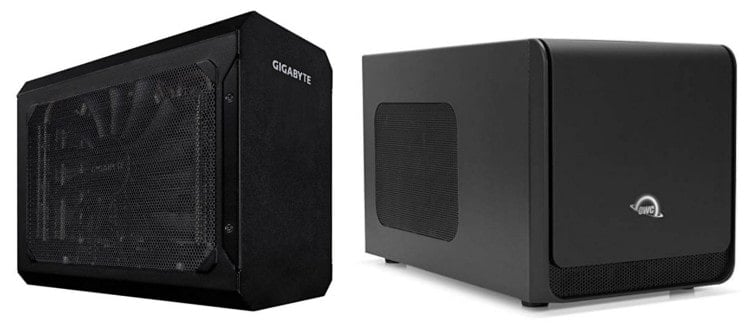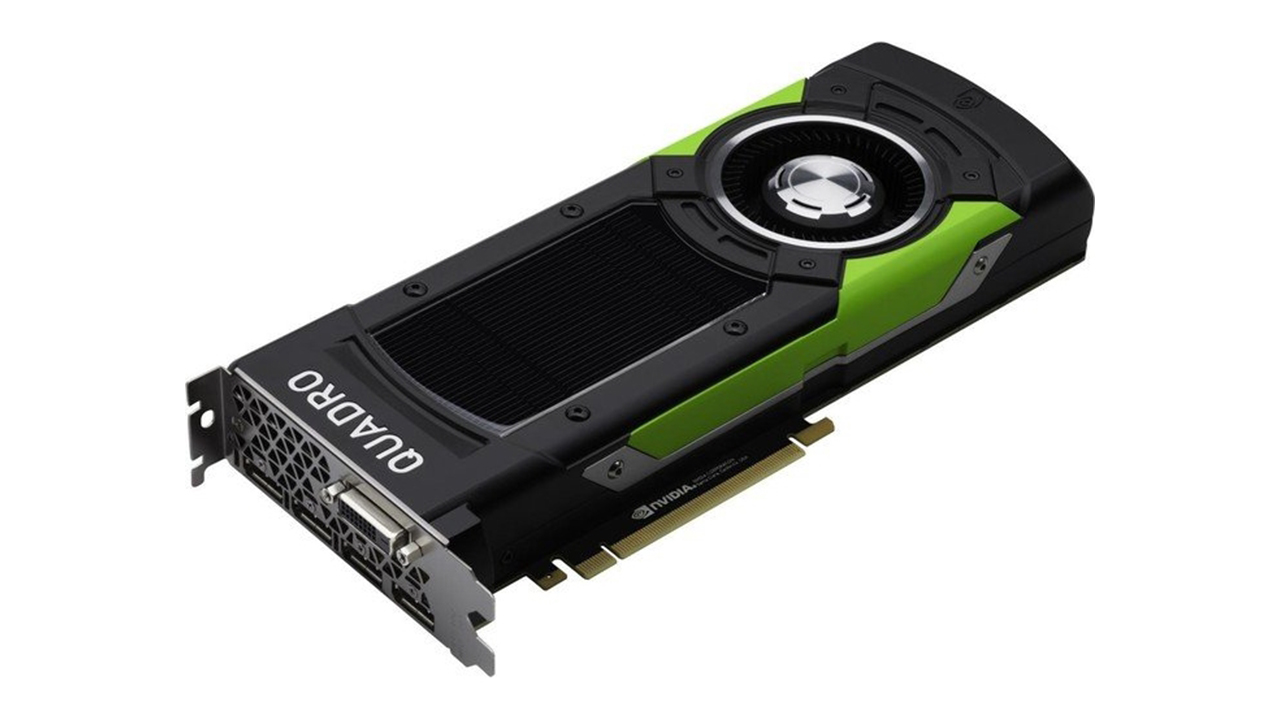

- #External graphics card for desktop with integrated graphics windows 10
- #External graphics card for desktop with integrated graphics software
- #External graphics card for desktop with integrated graphics windows
If I can't turn off the graphics card manually, could I just unplug it from the power supply and motherboard (and change a setting somewhere?) to disable it permanently? I'm still curious about my original question: can you manually turn off an integrated video card? Also, if you do turn it off, thus turning on the CPU's onboard graphics, does that make the CPU use more energy and therefore need more fan cooling? I assume it does but that the net of switching graphics processing from a discrete card to the CPU is to reduce cooling needs. Are Precisions better machines in terms of component quality than XPSs (e.g., motherboards, hard drives)? I don't care about the features that help IT administrators since the computer is for use at home. It comes with a stock AMD HD7570, which I gather is a pretty low-end video card, but there's no way to delete it from the build at this price. I don't understand how Dell can build a machine for that price. I'm looking at an XPS 8700 with an i7-4770 that will cost only about $550 after a bunch of discounts, most of which aren't available on the Precision line. They don't NEED the Xeon for a particular reason. When putting together different Precision configurations with discrete graphics, I come across a conundrum: Do I choose the Core i7-4770 with integrated graphics, or the Xeon E3-1240v3 with the *exact* same specs (it's true, look 'em up!), sans graphics? I can save about $50 choosing the Xeon, but if the HD 4600 graphics can contribute alongside a discrete card, it might be worth it to keep the i7.

Lots of these users have very large computing stipends, and want fast machines, so I point them at a Precision. As far as desktops go, our Dell discount applies to OptiPlex, Vostro, and Precision machines. Second, the background: I help users with my group customize Dell machines when they want to order new computers.

Or select the app, click the Options button, and select the System default option.First, the question: if you have a Sandy Bridge (or later) CPU with HD graphics included, but you run a discrete graphics card instead, does the CPU-included graphics just idle and gather dust, so to speak? Or does it contribute in some secondary way? If you want to stop an app from using this feature, then in the “Advanced graphics settings” page, select the app from the list, and click the Remove button. This means that if you change the settings and the app continues to use a different GPU, you may need to change the preferences in the app itself.
#External graphics card for desktop with integrated graphics windows
While you can manually set the preferred GPU for an app on Windows 10, the app always decides which processor to use. It is important to note that these settings will take precedence from the same options available in other control panels (which you can continue to use). Once you complete the steps, the app you selected will use the graphics processor you specified to optimize battery life or performance the next time you launch it.
#External graphics card for desktop with integrated graphics windows 10
#External graphics card for desktop with integrated graphics software
On Windows 10, devices with multiple GPUs can select the preferred graphics card an app should use within the graphics control panels software available from Nvidia and AMD.


 0 kommentar(er)
0 kommentar(er)
